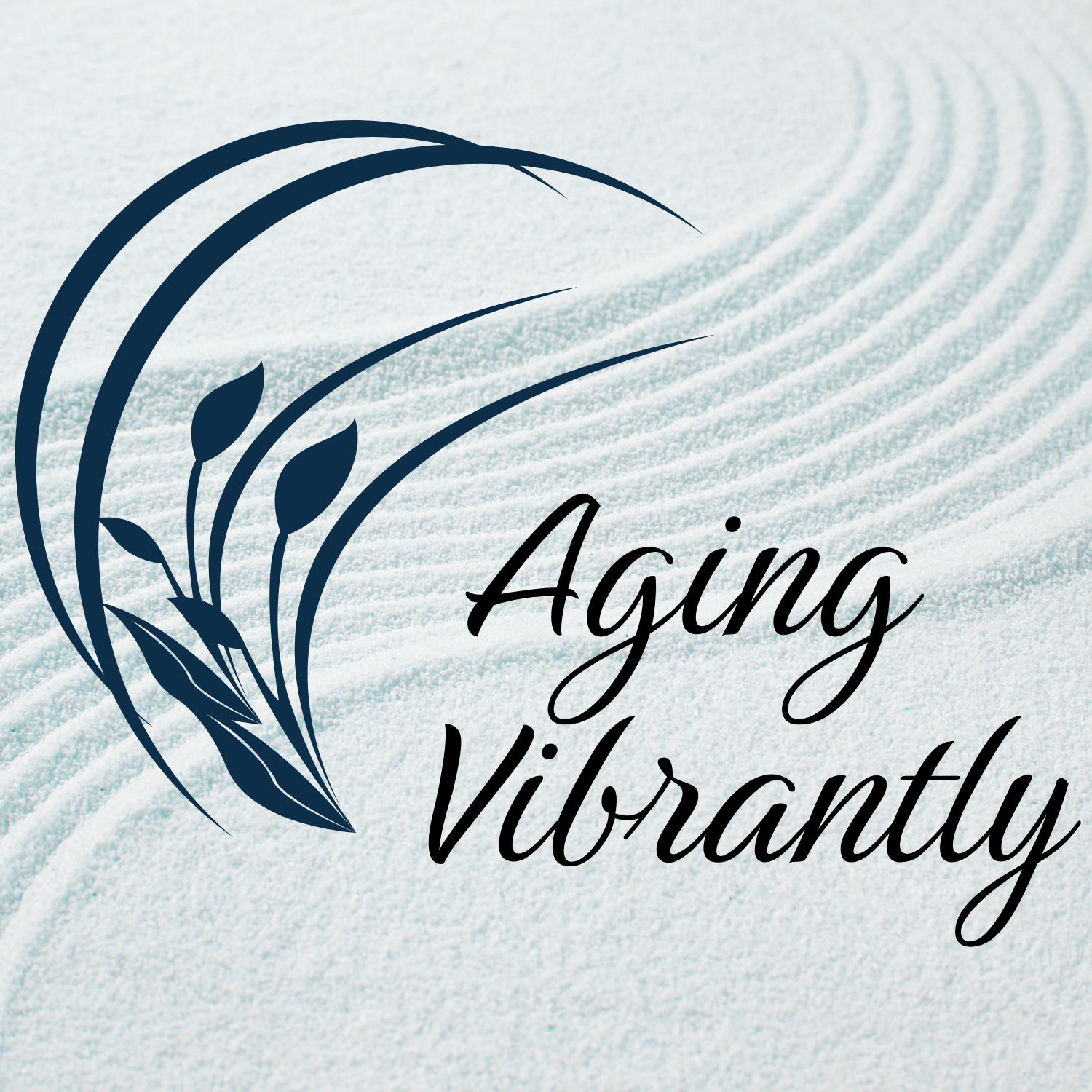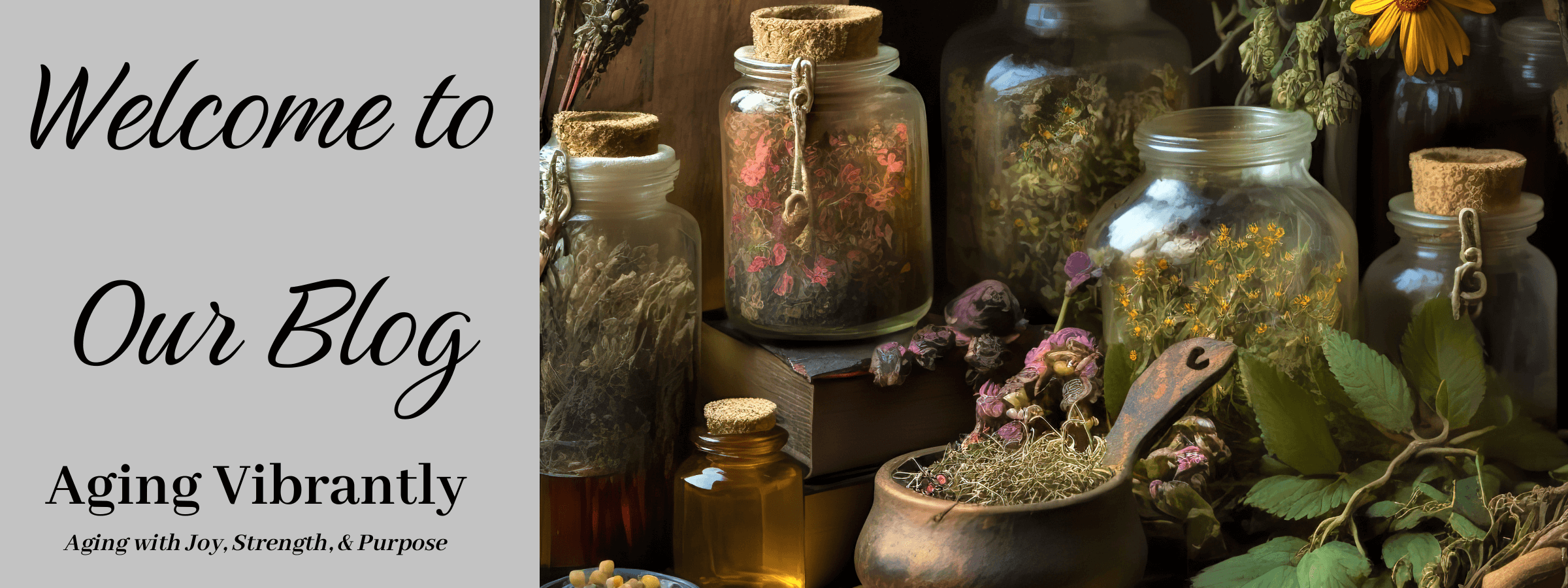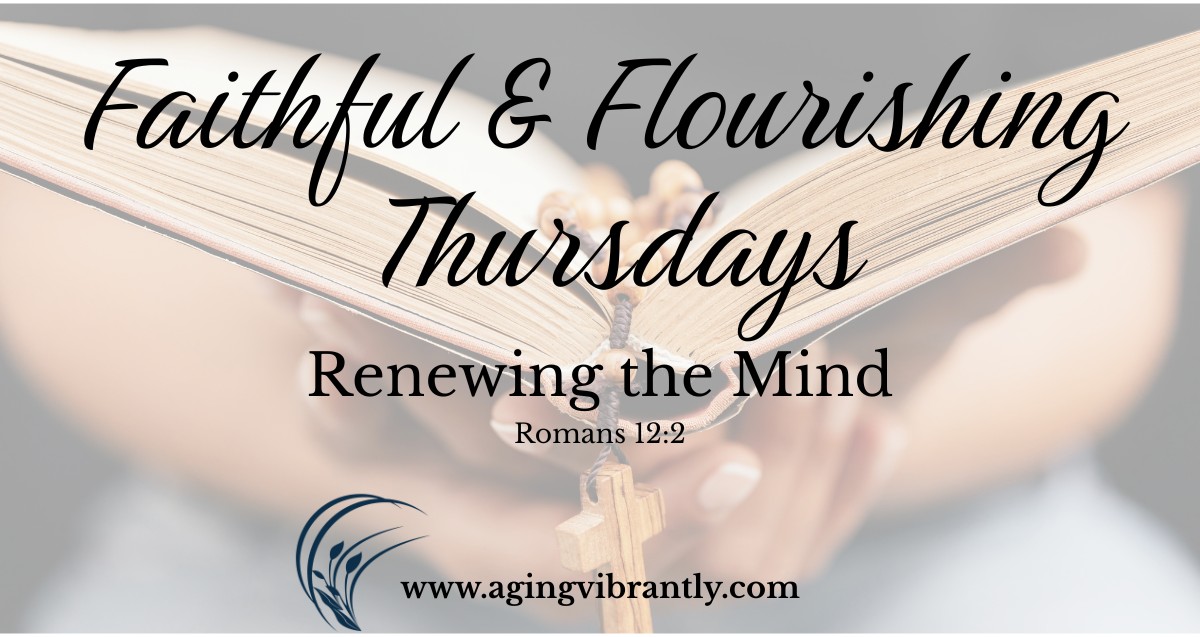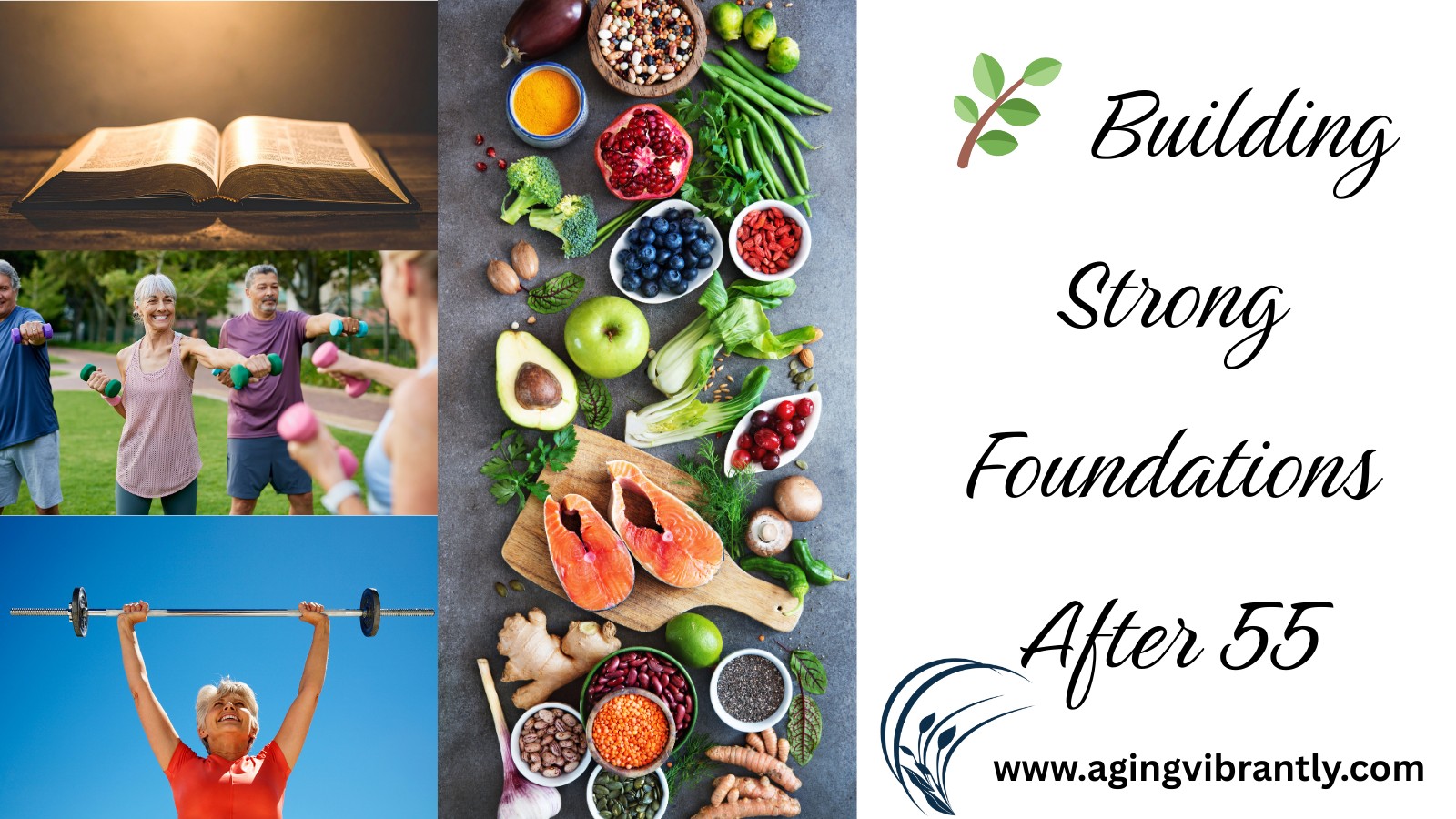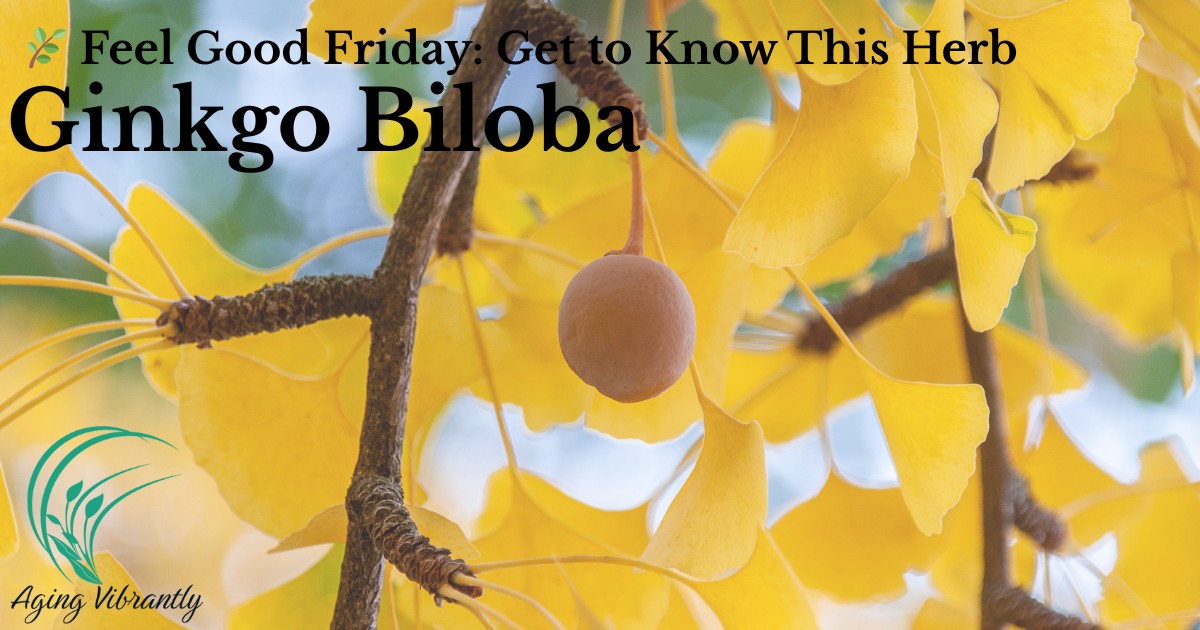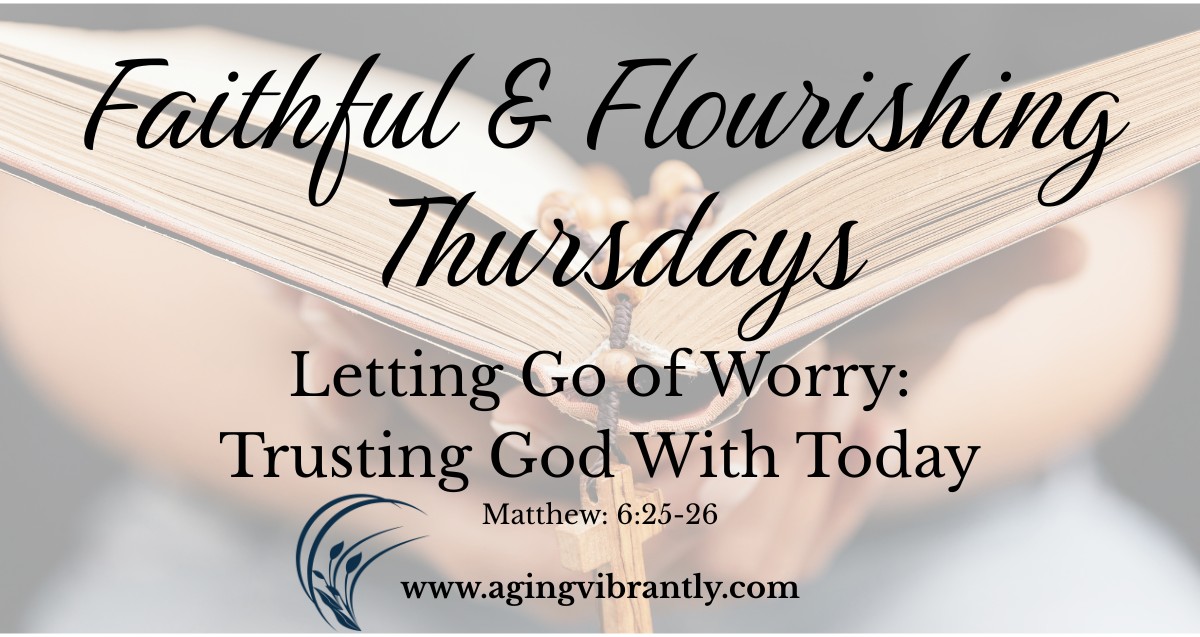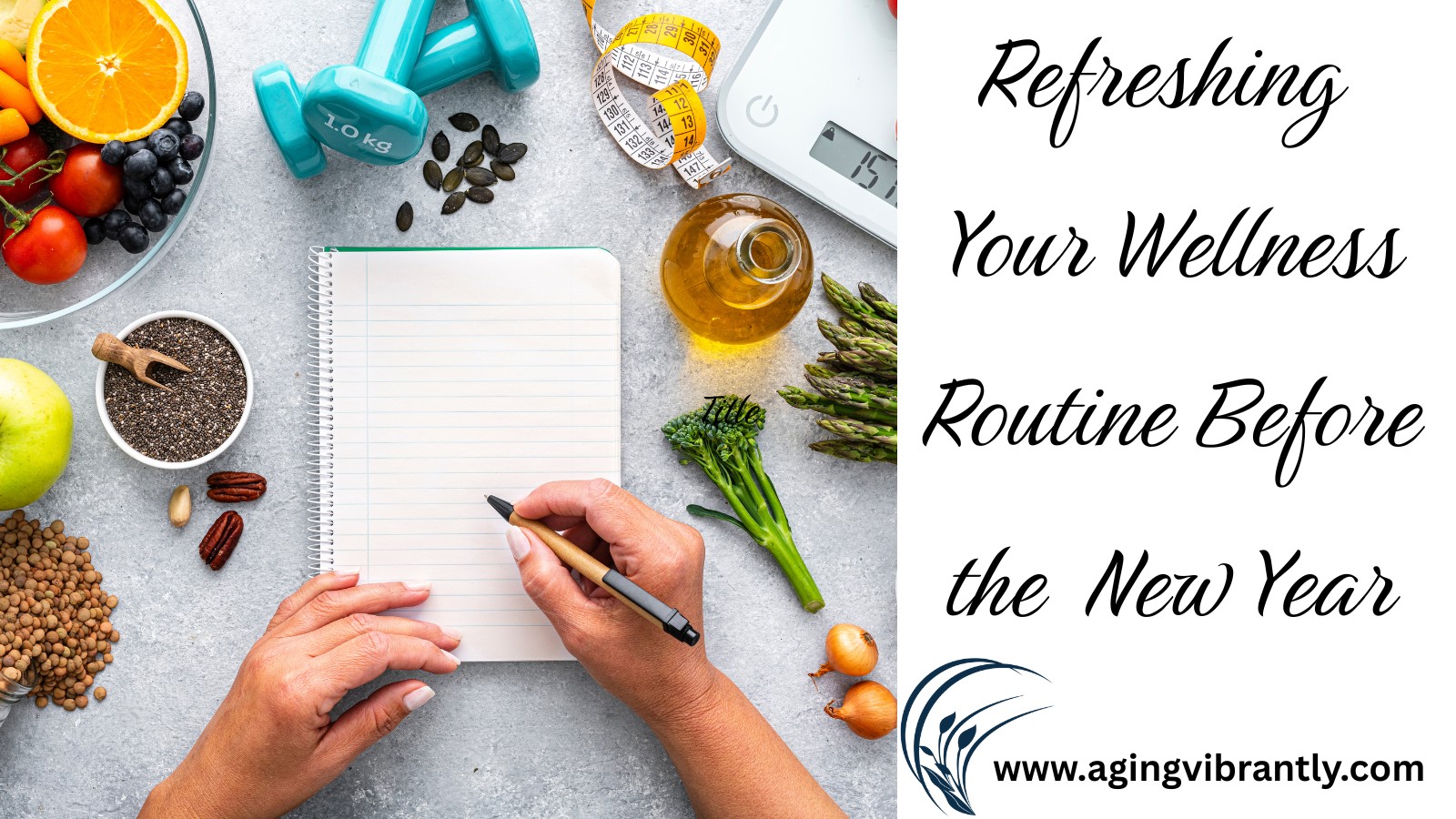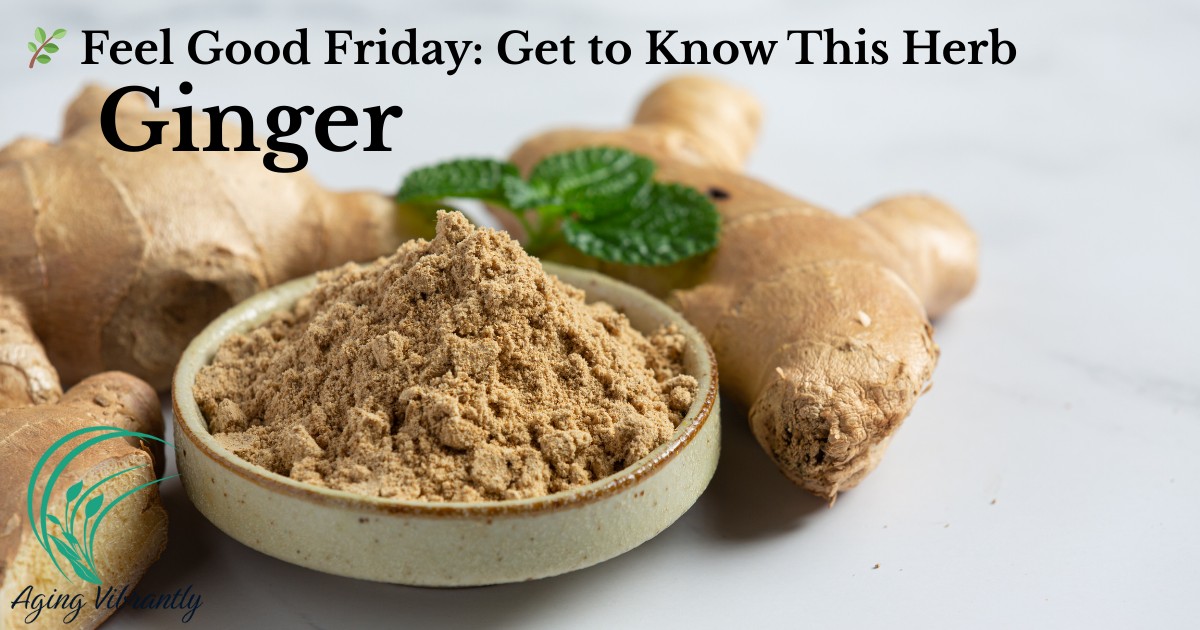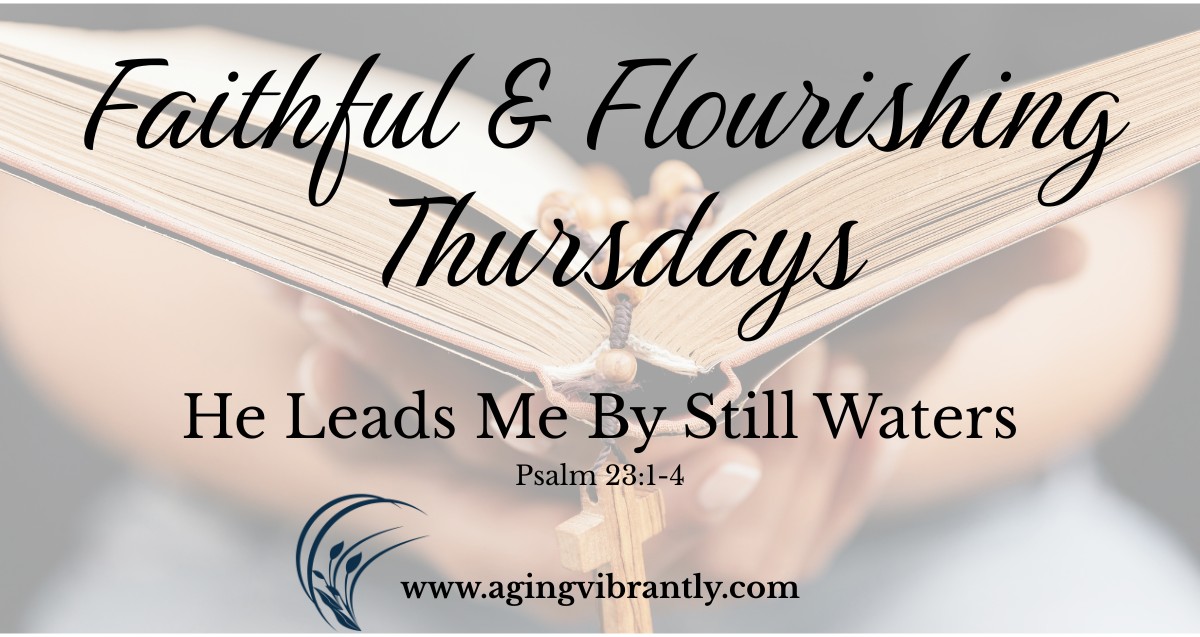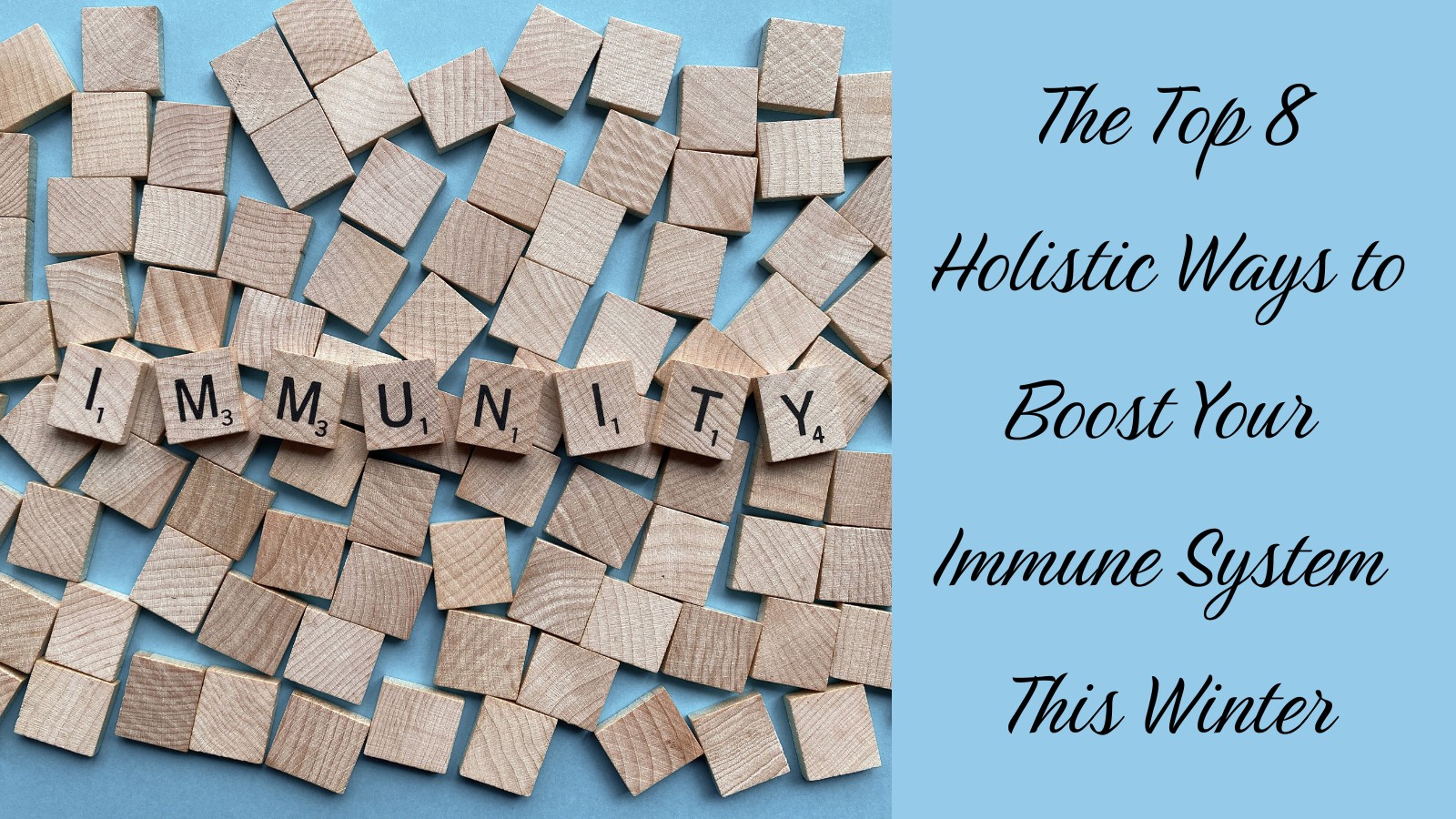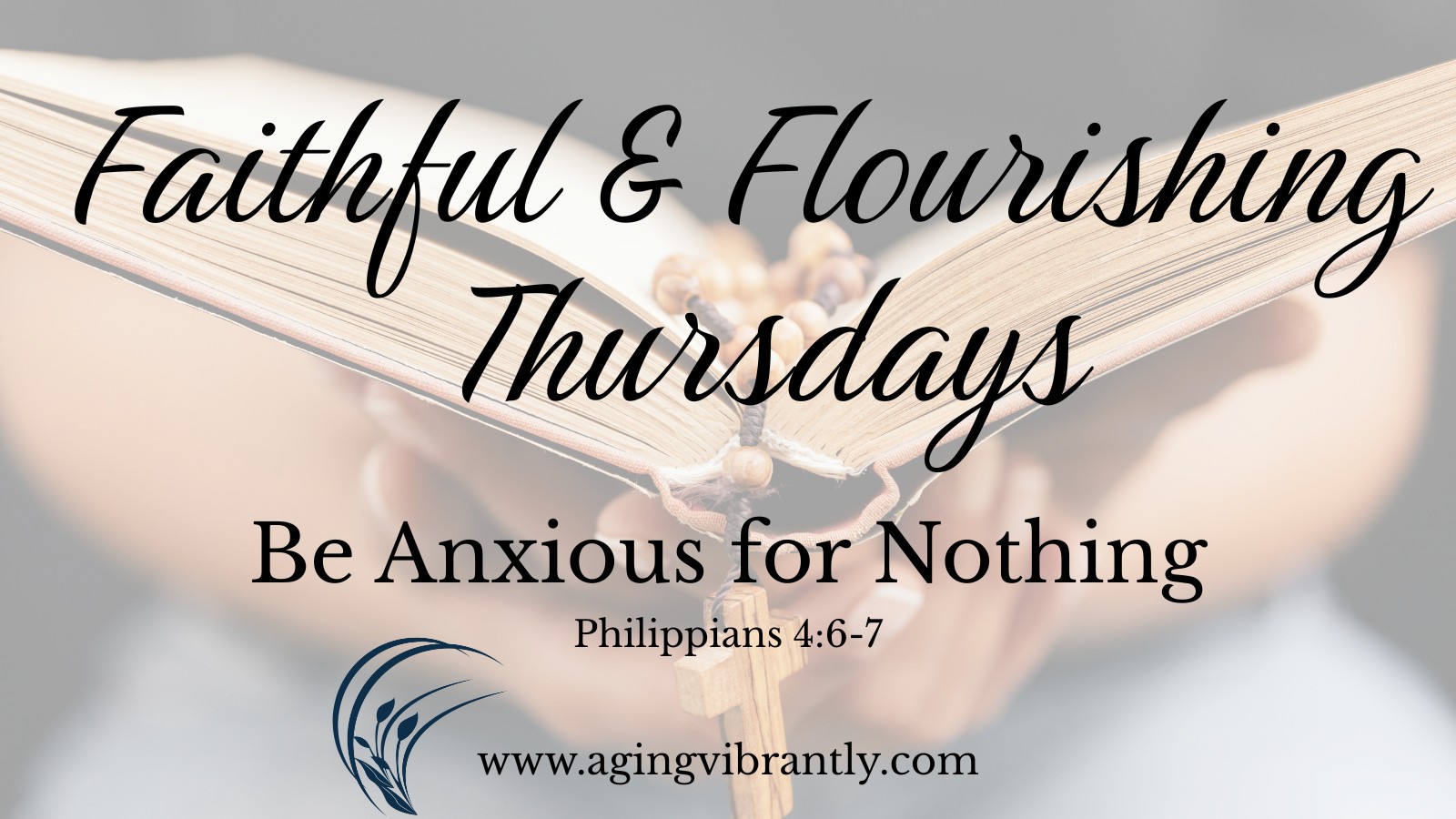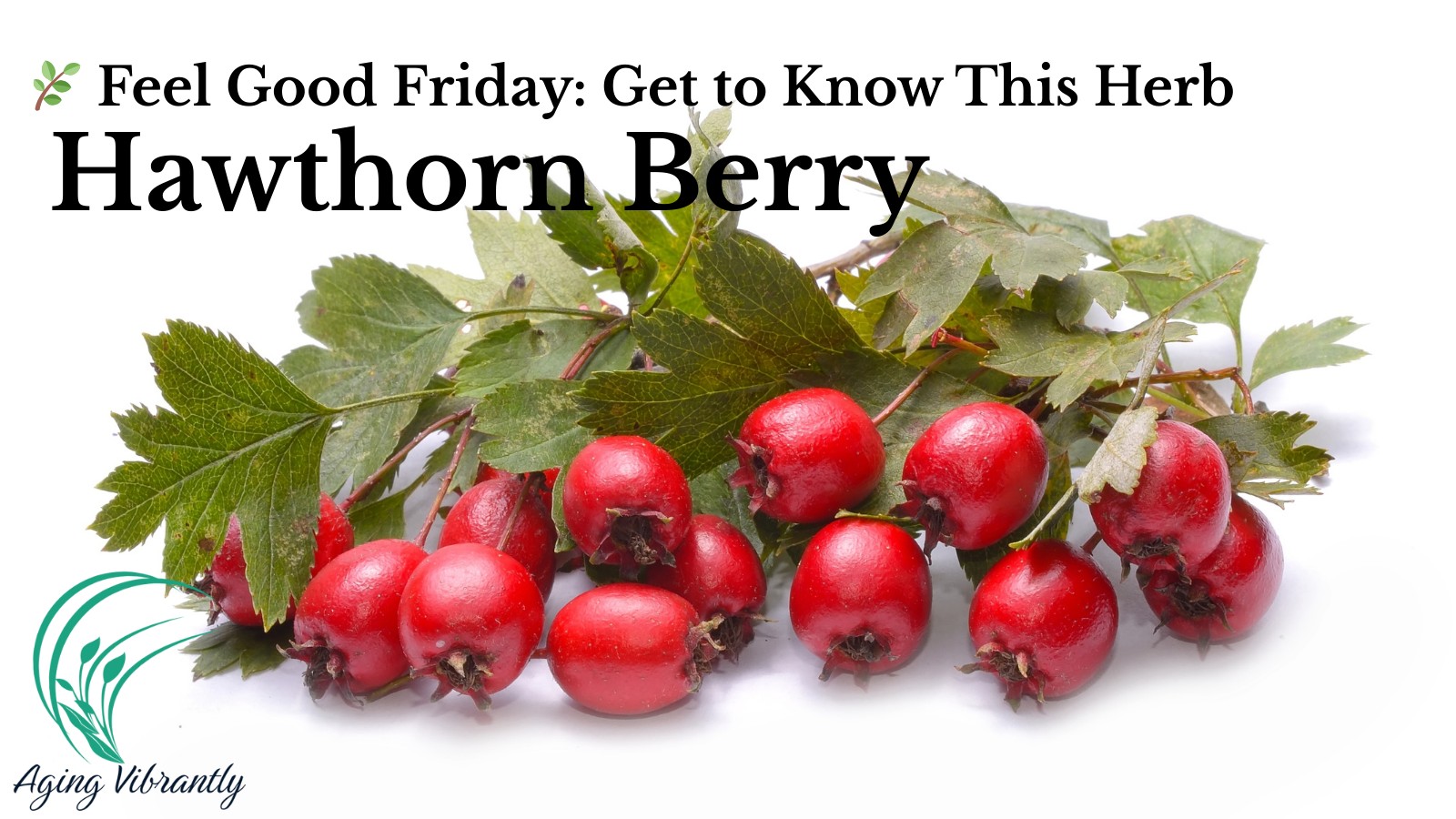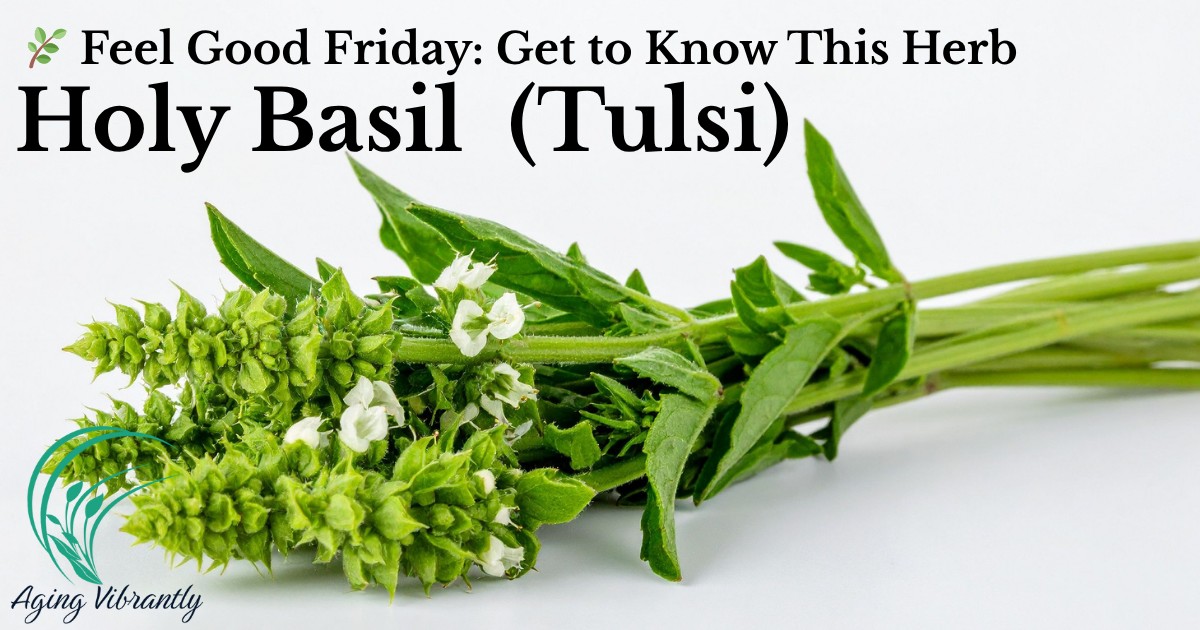
Holy Basil (Tulsi) is more than just a fragrant herb — it’s a gentle powerhouse for older adults looking to age vibrantly, naturally, and with balance. Revered in Ayurvedic medicine as “The Incomparable One,” Tulsi has been used for centuries to support emotional wellness, reduce stress, and nurture the body’s natural defenses.
🧠 How Holy Basil Supports Your Mind
Chronic stress can affect memory, focus, and emotional health as we age. Tulsi acts as a natural adaptogen, helping the body respond to stress more gracefully. Many members find that a daily cup of Tulsi tea or a tincture during busy days brings a sense of mental clarity and calm focus.
Member Tip: Keep Tulsi tea bags in your kitchen or office. Sipping slowly during a short break can reset your day and ease tension.
❤️ Emotional Balance & Stress Relief
Tulsi’s gentle, grounding properties make it ideal for emotional wellness. Studies suggest it may help reduce anxiety and support a steady mood. Integrating Tulsi into your daily routine encourages mindfulness — a simple, accessible form of self-care that fosters resilience and peace.
Reflection Exercise: Take 5 minutes with a cup of Tulsi tea. Close your eyes, inhale deeply, and silently release one worry with each exhale. Let this be your mini ritual of calm.
🌱 Whole-Body Benefits
- Immune Support: Helps strengthen natural defenses and overall vitality.
- Inflammation Balance: Contains compounds that support healthy inflammation response.
- Digestive Harmony: Tulsi may gently soothe digestive discomfort and promote nutrient absorption.
🍵 Ways to Include Tulsi in Your Day
- Tulsi Tea: Brew leaves or tea bags for a calming morning or evening ritual.
- Tinctures or Capsules: Convenient for busy days when tea isn’t practical.
- Smoothie Boost: Add a pinch of Tulsi powder to green smoothies for an extra calm kick.
- Mindful Brews: Combine with mint, lemon balm, or ginger for a fragrant, heartwarming blend.
🌼 Spiritual & Mindful Connection
Tulsi is more than a herb — it’s a companion for intentional living. Use it as a cue to pause, reflect, and express gratitude. Many members find that including Tulsi in prayer or meditation helps connect mind, body, and spirit.
Scripture Reflection: “Be still, and know that I am God.” — Psalm 46:10. Use this pause with Tulsi to center your heart and mind, releasing stress and embracing peace.
💡 Member Challenge
For the next week, try a “Tulsi Moment” each day. Brew a cup, sip slowly, and take 2–3 minutes to breathe, reflect, or journal. Notice how your mood, clarity, and calmness shift by the end of the week.
Would you like more of Feel Good Friday? Please check out these past posts.
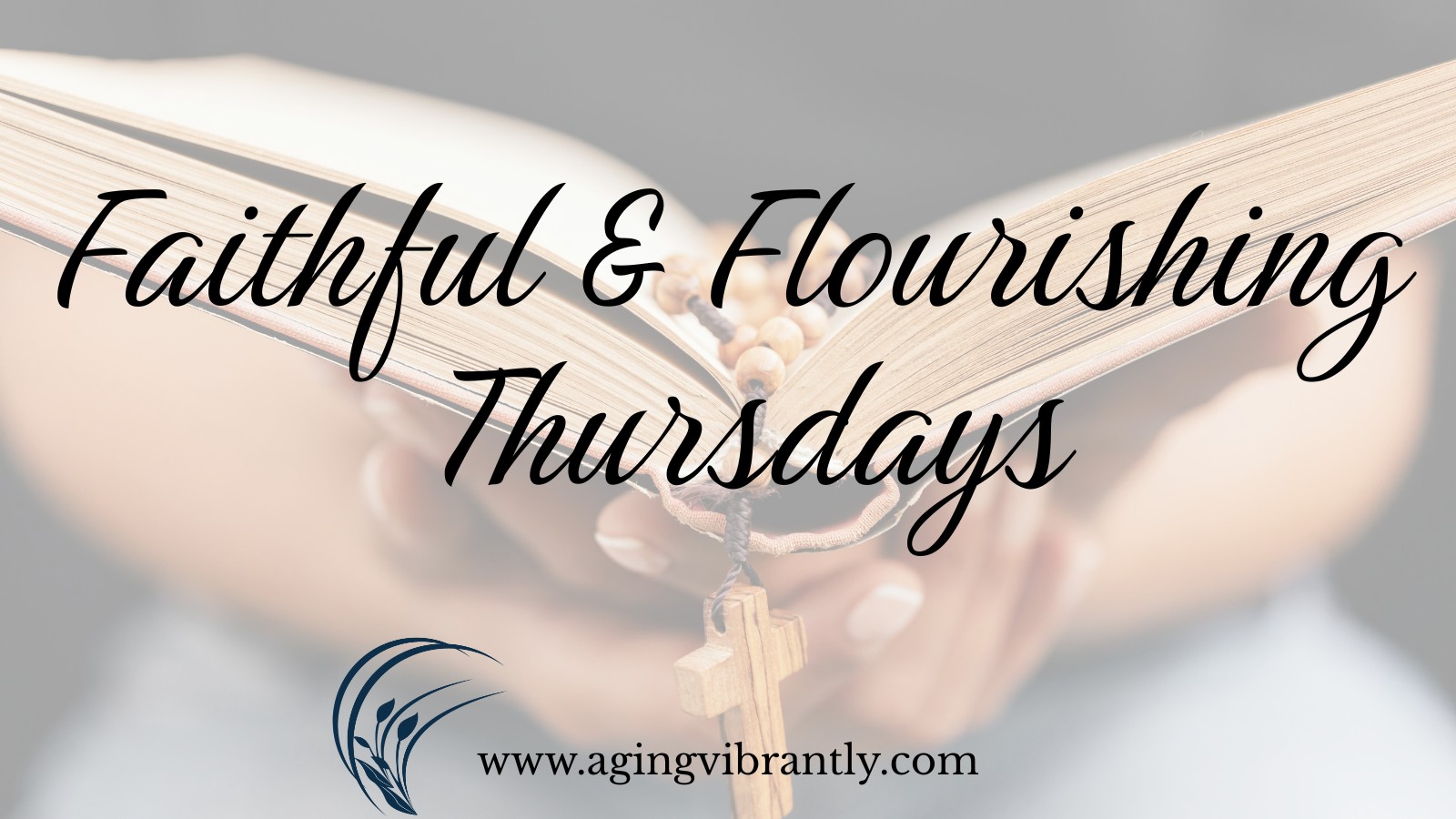
Proverbs 3:5–6
“Trust in the Lord with all your heart
and lean not on your own understanding;
in all your ways submit to Him,
and He will make your paths straight.”
and lean not on your own understanding;
in all your ways submit to Him,
and He will make your paths straight.”
There are moments in life—especially as we grow older—when the path ahead feels unclear. Responsibilities change, bodies change, relationships shift, and decisions that once felt simple can suddenly feel weighty. It’s easy to lean heavily on our own understanding, our past experiences, or even our desire to stay in control.
But Proverbs 3:5–6 gently invites us into a deeper, more peaceful way of living. A way rooted not in certainty, but in trust.
🌿 Trust With All Your Heart
Trust is more than a feeling—it’s an active choice. It’s the quiet decision to place your hope, your worries, and your unknowns into God’s hands, believing He sees the entire landscape when we only see the next few steps.
As we age, trust often becomes simpler—because we’ve lived long enough to see God’s hand guide us through joys, challenges, and unexpected blessings. Yet it can also become harder—because we’re tempted to hold tighter to what we think we know.
To trust with all your heart means letting God into every corner:
- Your fears about health
- Your hopes for your family
- Your changing roles and identity
- Your next steps in purpose, ministry, or calling
It means saying, “Lord, I don’t see it all, but I trust You do.”
🌿 Lean Not on Your Own Understanding
Our understanding is limited, shaped by our experiences, memories, and expectations. God’s understanding is infinite, woven with wisdom far beyond our own.
When we cling to our understanding, we often cling to fear. But when we release our grip, we make space for God to work in ways we couldn’t imagine.
Leaning on God instead of ourselves invites:
- Peace where worry once lived
- Clarity where confusion used to sit
- Hope where discouragement tried to settle
Letting go doesn’t mean giving up your responsibility—it means trusting that you’re not carrying it alone.
🌿 In All Your Ways Acknowledge Him
This isn’t about perfection—it’s about posture. A heart that acknowledges God says, “Lord, walk with me here.”
Here are simple ways to acknowledge God in your daily life:
- Whisper a prayer before making a decision
- Offer gratitude during your morning routine
- Ask God to guide your conversations
- Pause to breathe deeply and invite His peace into your day
Every moment—big or small—is an opportunity to align your steps with His loving guidance.
🌿 He Will Make Your Paths Straight
This promise doesn’t mean life will be free of challenges. Instead, it means the path God leads you on will be purposeful, guided, and aligned with His will.
A “straight path” is a steady path.
A guided path.
A path where you do not walk alone.
A guided path.
A path where you do not walk alone.
As we grow into new seasons of life, God remains faithful—straightening what feels crooked, clearing what feels tangled, and illuminating what feels dark.
✨ Reflection for Your Week
Where in your life do you need to release control and trust God more deeply?
Is it a relationship? A health concern? A decision about your future or your family? Take time to name it honestly before God.
💡 Action Step
Set aside five quiet minutes today. Sit comfortably, breathe deeply, and bring one worry or decision to God. Release it into His hands. Pray for guidance, wisdom, and peace.
Let your heart rest in the truth that God is already preparing the path ahead for you.
Grab a little notebook and start journaling. Share your thoughts with God.
Please share a thought or two in the comments.

The holiday season arrives like a wave—beginning with Thanksgiving’s call to gratitude and continuing into weeks filled with gatherings, expectations, traditions, and emotions. For many, this season brings both beauty and heaviness. We long for peace-filled celebrations that honor Christ, yet we often find ourselves rushing, juggling schedules, navigating family tensions, or carrying grief. The good news is that Jesus meets us in the midst of it all. We don’t have to earn His presence; He comes near to us just as we are. “The Lord is near to the brokenhearted and saves the crushed in spirit” (Psalm 34:18).
🕯 Remembering the Heart of the Season
Thanksgiving reminds us to pause and reflect on God’s goodness, but that doesn’t mean forcing gratitude in difficult circumstances. Real thankfulness grows from recognizing God’s faithfulness in every season. “Give thanks to the Lord, for He is good; His steadfast love endures forever” (Psalm 107:1). As we transition into Advent and Christmas, we remember Emmanuel—“God with us” (Matthew 1:23). This truth steadies us even when our schedules feel overwhelming. The holidays are not about performing, impressing, or creating picture-perfect moments. They are about resting in the presence of Christ and welcoming His peace into our homes and hearts.
💛 Extending Grace to Yourself
One of the greatest gifts you can give yourself—and others—this season is grace. Let go of the pressure to do it all. You don’t have to attend every event, cook every dish, or meet every expectation. Jesus Himself often withdrew from the crowds to rest and pray (Luke 5:16). If the Son of God took time to breathe, you can too. Create space for reflection: What truly nourishes your soul? What drains your spirit? Saying “no” to hustle and “yes” to rest is not selfish—it is wise stewardship of your well-being. When your heart is at peace, you are freer to love others well.
🤝 Extending Grace to Others
Everyone around you carries unseen burdens—grief from losses, stress from responsibilities, or loneliness that surfaces during the holidays. When we approach others with empathy rather than expectation, relationships soften. Paul reminds us, “Be kind and compassionate to one another, forgiving each other, just as in Christ God forgave you” (Ephesians 4:32). Grace does not mean allowing unhealthy behavior or ignoring hurt, but it does mean choosing gentleness over reaction. Ask God to help you see others through His eyes, especially in moments of frustration.
🛡 Setting Healthy, Christ-Centered Boundaries
One of the most overlooked aspects of grace is the necessity of boundaries. Jesus modeled clear boundaries throughout His ministry—He walked away from crowds, said “no” when it was needed for His mission, and didn’t allow the expectations of others to control Him. Boundaries are not walls of rejection; they are gates of protection. They help you love others without losing yourself.
Here are some ways boundaries can look during the holidays:
- Limiting time at gatherings that trigger stress or conflict
- Communicating your needs with kindness and clarity
- Choosing not to participate in conversations or traditions that harm your emotional health
- Prioritizing time with God before engaging in difficult interactions
Proverbs 4:23 says, “Above all else, guard your heart, for everything you do flows from it.” Guarding your heart honors God and makes space for His peace. Boundaries allow you to show up with grace—fully present, fully grounded, and fully aligned with Christ’s love.
👪 Navigating Family Dynamics
Family gatherings can stir nostalgia and bring joy, but they can also surface old wounds or unspoken tensions. Preparing your heart in prayer is essential. Ask the Holy Spirit to help you respond with wisdom, patience, and humility. “If it is possible, as far as it depends on you, live at peace with everyone” (Romans 12:18). Peace may not be possible with every person or in every situation, but you can choose to carry peace with you. You are responsible for your own reactions, not for managing the emotions or behavior of others. Let Christ’s example—humble, patient, and anchored in love—guide your steps.
💔 When the Season Is Hard
For many, Thanksgiving and Christmas intensify emotions like grief, loneliness, or stress. Empty chairs at the table, beloved traditions that have changed, or relationships that feel distant can make the holidays bittersweet. You do not have to pretend that everything is okay. Jesus is close to those who are hurting. “Cast all your anxiety on Him because He cares for you” (1 Peter 5:7). Reach out to your church community, small group, or trusted friends. There is strength in connection and healing in companionship.
🙏 Practices for a Grace-Filled Holiday Season
Create simple rhythms that anchor you in Christ’s peace:
- Begin your mornings with Scripture or an Advent reflection.
- Use a breath prayer such as, “Jesus, bring Your peace.”
- End your day with gratitude, naming where you saw God at work.
- Look for opportunities to bless others—a phone call, a meal, an encouraging text, or a handwritten note.
Serving others gently and quietly becomes an act of worship that re-centers your heart on Christ.
🍂 A Thanksgiving Blessing for the Season Ahead
As you step into this holiday season, may Christ’s peace settle softly over your heart and your home. May gratitude rise not because everything is perfect, but because God is faithful in every circumstance. May His grace guide your steps—from Thanksgiving to Christmas and into the new year. And may you experience Emmanuel—God with you—bringing comfort, strength, and joy in every moment.
Grace has already come, wrapped in a Savior. You don’t have to navigate this season alone.
Enjoy your FREE Issue of Aging Vibrantly Quarterly Fall 2025
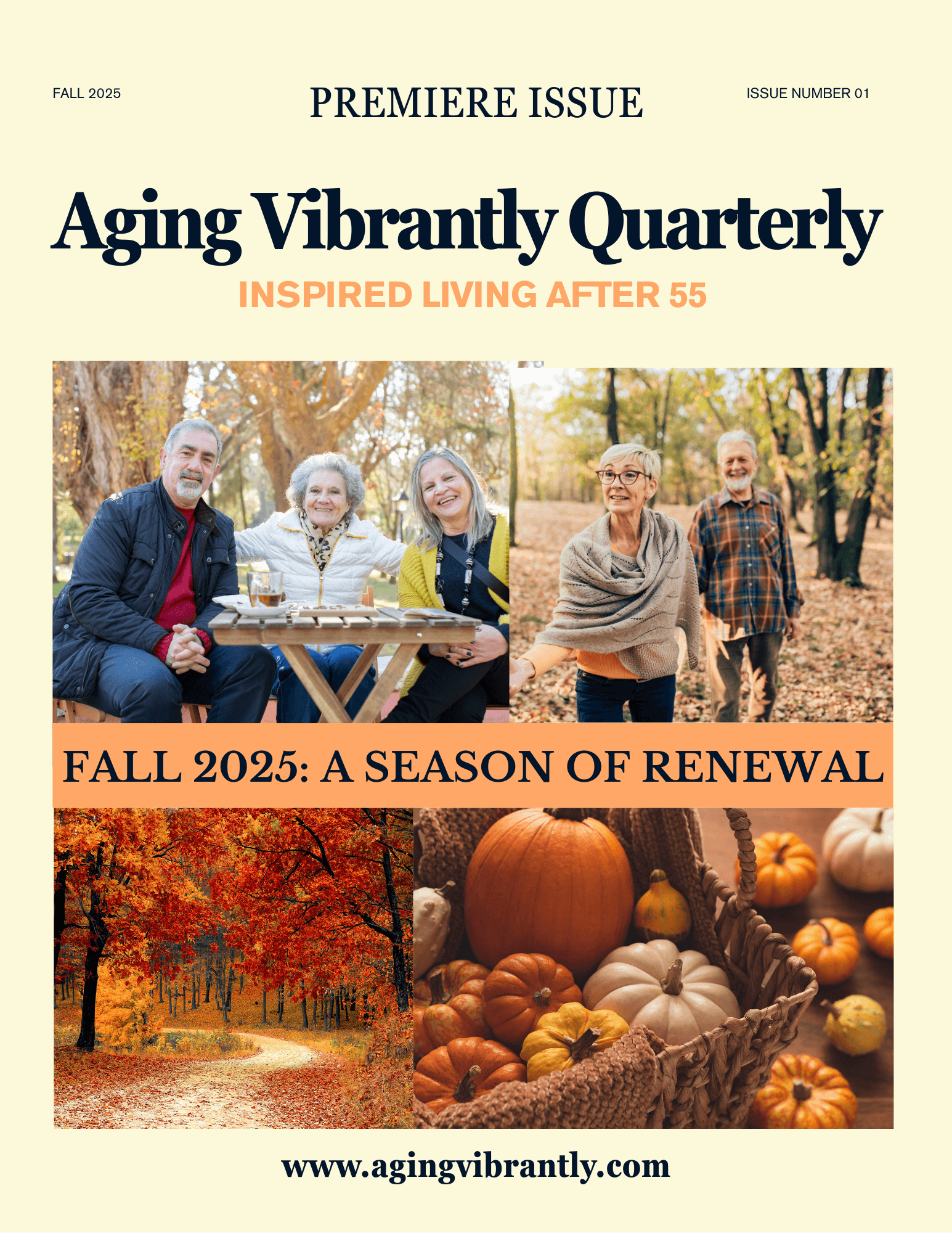

Please share your thoughts in the comments!
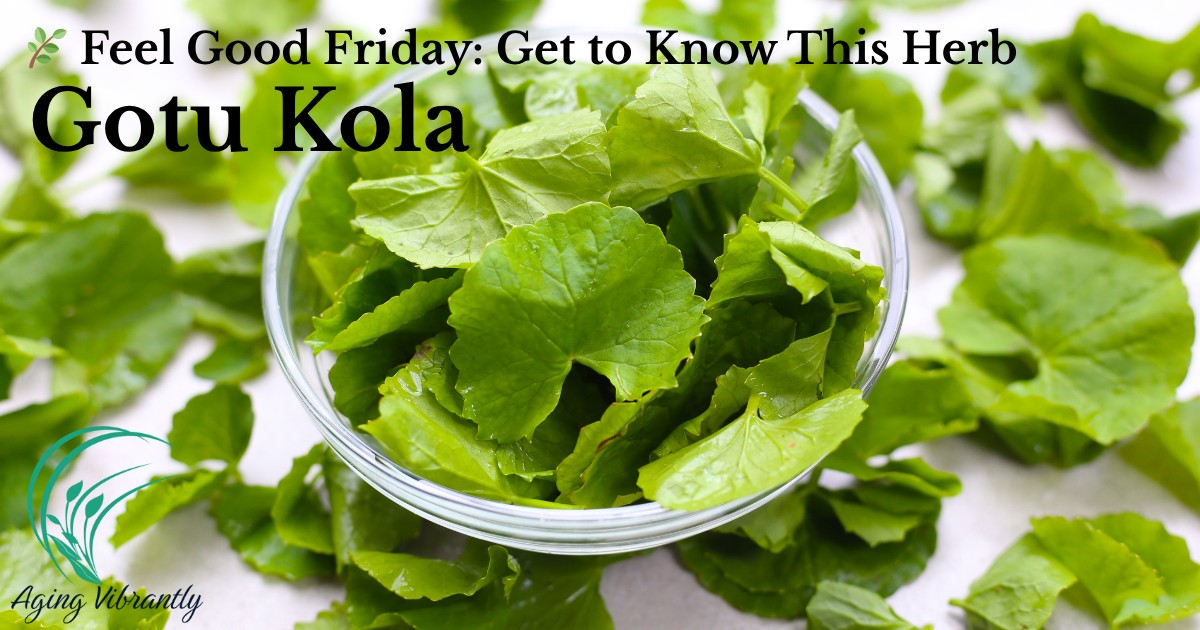
*🧠 Quick Snapshot
- Botanical name: Centella asiatica
- Common names: Gotu Kola, Asiatic pennywort
- Traditional uses: Cognitive tonic, wound support, circulation booster
- Forms: Tea, tincture, capsules, extracts, topical gels
🌟 Why People Love It (Short + Sweet)
Gotu Kola has earned a beloved place in many holistic wellness routines because it offers a gentle yet meaningful boost to overall brain health. People appreciate how this botanical supports memory, attention, and learning without the overstimulating effects often associated with synthetic supplements. It’s known for promoting healthy circulation, which helps nourish the brain and keep thinking clear and sharp — a true gift as we age. Many also love that Gotu Kola brings a sense of calm focus, offering mental clarity with a grounded, peaceful energy rather than jitters or restlessness. Whether you’re navigating daily tasks, adapting to life changes, or simply wanting to keep your mind vibrant and resilient, Gotu Kola fits beautifully into a whole-person approach to aging well.
- Supports memory, learning, and attention
- Promotes healthy circulation
- Encourages calm focus — no jittery feeling
- Helps nourish whole-person cognitive wellness
🔬 The Science — What Research Shows
🧬 Active Compounds & How They Work
- Rich in triterpenoids like asiaticoside and madecassoside
- Antioxidant + anti-inflammatory support for brain cells
- May support better neuron communication and resilience
📚 Cognitive Benefits (Human Evidence)
- Small RCTs show modest improvements in verbal memory, working memory, and mental clarity
- Potential benefits especially noted in older adults or those with mild cognitive complaints
💪 Other Supported Benefits
- Wound healing support through improved collagen production
- Helpful for circulation (chronic venous insufficiency studies show reduced swelling)
⚠️ Safety, Side Effects & Interactions
- Rare but notable: possible liver strain with long-term oral use
- Mild effects: stomach upset, headache, or skin sensitivity
- Avoid during pregnancy/breastfeeding without medical guidance
- Always check interactions with sedatives, liver-metabolized meds
💊 Dosing & Preparations
Always start low and choose reputable extracts.
- Standardized extract: often 60–120 mg/day in studies (varies by concentration)
- Leaf powder capsules: commonly 300–600 mg/day, though potency varies
- Tea/fresh leaves: traditional and gentle, but less precise
- Topical: used for wound and skin support — follow label instructions
📊 Quick Comparison Table
| Form | Pros | Cons | Evidence for Cognition |
|---|---|---|---|
| Standardized extract | Consistent dosing; used in research | Quality varies | Moderate |
| Leaf/powder capsules | Whole-plant profile | Variable potency | Low–Moderate |
| Tea / fresh leaves | Gentle; traditional | Lower potency | Low |
| Topical gels/creams | Great for skin/wounds | Local reactions possible | Not for cognition |
🌱 Everyday Ways to Use Gotu Kola
- Choose a standardized extract for brain support
- Use topicals for wound healing and scar care
- Add fresh leaves to salads, smoothies, or teas
- Track energy, clarity, and overall wellness over 8–12 weeks
🛒 How to Choose a Quality Product
- Standardized extract with clear active-compound percentages
- Third-party tested (USP, NSF, etc.)
- Transparent label and dosing instructions
- No unnecessary fillers or contaminants
🚫 Who Should Avoid It
- Anyone with liver disease
- Pregnant/breastfeeding individuals
- Those on sedatives or meds processed heavily by the liver
- Anyone who experiences jaundice, fatigue, or dark urine while using it
❓ Quick FAQ
Will it prevent dementia?
No clear evidence — but it may help with mental clarity and working memory.
Is topical use safer?
Generally yes; topical forms have strong wound-healing support.
How long until I notice benefits?
Often 8–12 weeks, depending on the extract and the individual.
🌈 Bottom Line
Gotu Kola is a time-honored herb with promising cognitive, circulatory, and skin benefits. While not a miracle cure, it can be a gentle, supportive companion for vibrant aging — especially when used mindfully, with quality products and attention to your body’s responses.
Sources you can start with
(Selected approachable, credible sources used above — click through for study details)
- Puttarak et al., Scientific Reports, 2017 — RCTs & cognitive outcomes. Nature
- Systematic reviews/meta-analyses on Centella asiatica and cognition (2022 review). PMC+1
- Pharmacology and triterpene reviews (Frontiers, 2020). Frontiers
- LiverTox / NCBI — safety and dosing notes. NCBI
- WebMD / Drugs.com overviews summarizing adverse events and interactions. WebMD+1
Learn a lot more about Gotu Kola and 100's of other herbs by joining The Herbarium at The Herbal Academy.
This is an affiliate link which will benefit Aging Vibrantly, but will not change the amount charged to you should you decide to subscribe to The Herbarium. Personally, I have had my subscription for about 4 years. There is so much great info there and The Herbal Academy adds to it all of the time.
Would you like more of Feel Good Friday? Please check out these past posts.
*As always consult with your health care provider before trying something new for your well-being. Please view all of Aging Vibrantly's Policies and Disclaimers.
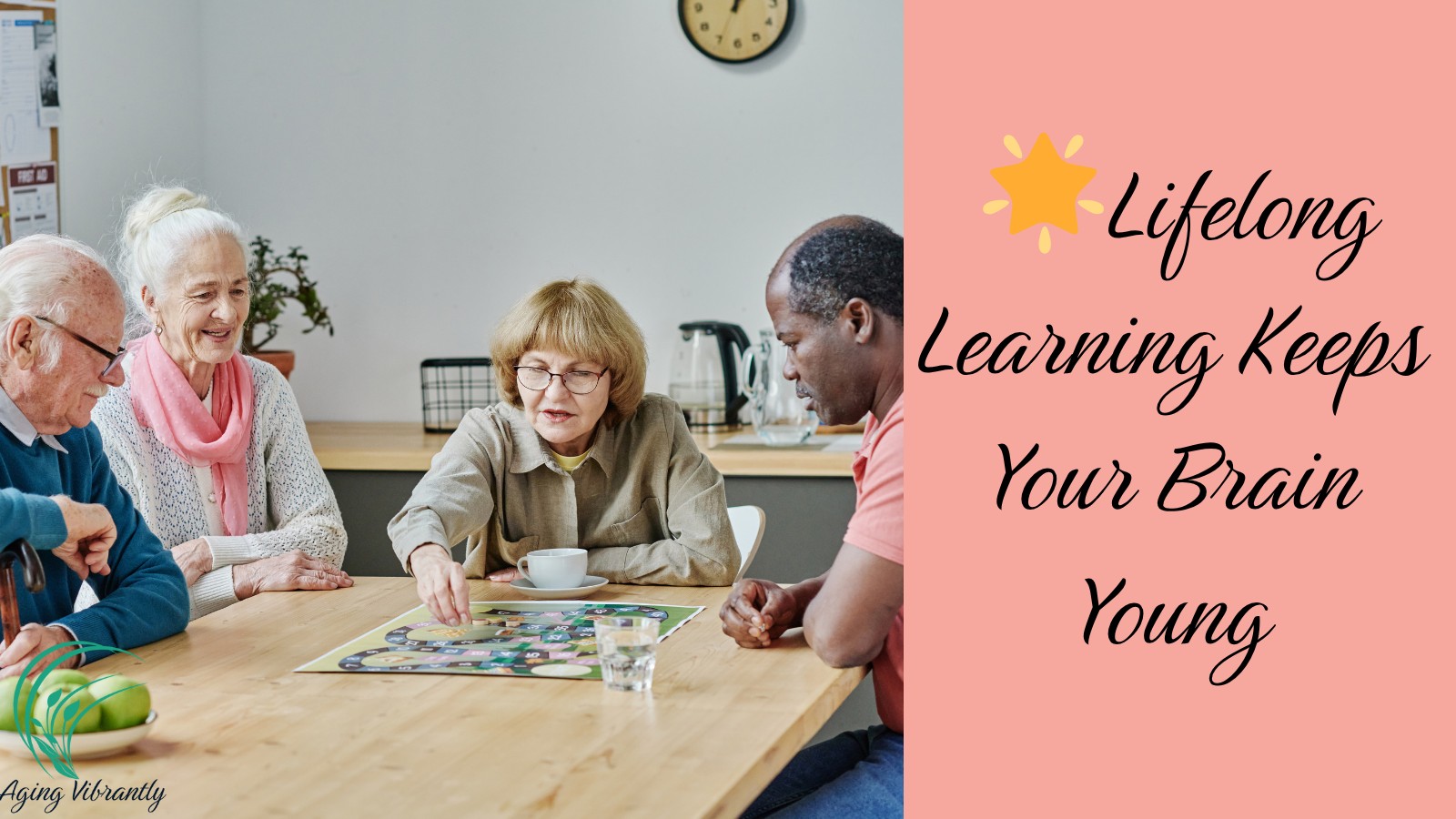
💬 Lifelong Learning: The Secret to a Young Mind
A curious mind is a powerful thing. The more we learn, the more our brains grow and adapt. Lifelong learning isn’t just about taking classes or reading books—it’s about keeping your mind active, curious, and engaged with the world around you.
As we age, our brains naturally change, but that doesn’t mean mental decline is inevitable. Science shows that learning new things can keep your brain young by strengthening connections between brain cells and improving memory, focus, and creativity.
🌱 Why Lifelong Learning Matters After 50
Many people believe education stops at retirement—but the truth is, learning later in life is vital for mental wellness after 50. Studies reveal that those who challenge their minds regularly have a lower risk of cognitive decline and even Alzheimer’s disease.
Whether it’s learning to play an instrument, mastering a new recipe, or exploring a new technology, each new skill you learn helps your brain form fresh neural pathways—keeping you mentally sharp and emotionally vibrant.
🧠 How Lifelong Learning Improves Mental Agility
Have you ever noticed how learning something new gives you a “mental spark”? That’s your brain growing stronger. Lifelong learning doesn’t just fill your mind with information — it keeps it flexible, alert, and resilient. Every time you challenge yourself to try something unfamiliar, your brain is literally building strength.
Here’s how that works:
| How It Works | What It Does for the Brain | Why It Matters After 50 |
|---|---|---|
| Stimulates Neuroplasticity | Learning creates and strengthens new connections between brain cells. | Keeps your mind adaptable, improving your ability to think clearly and remember details. |
| Engages Multiple Brain Regions | Reading, solving puzzles, or learning an instrument activates several brain areas at once. | Helps you stay mentally sharp and enhances focus. |
| Improves Memory & Focus | Practicing new skills challenges your recall and attention span. | Supports better day-to-day concentration and confidence. |
| Boosts Motivation & Mood | Mastering something new releases dopamine — your brain’s “feel-good” chemical. | Improves emotional balance and mental wellness after 50. |
| Encourages Flexible Thinking | Trying unfamiliar ideas or viewpoints exercises your brain’s adaptability. | Builds resilience and creative problem-solving. |
| Strengthens Social Connection | Learning in groups or classes fosters conversation and empathy. | Reduces isolation and supports a vibrant, joyful life. |
In simple terms, lifelong learning improves mental agility by strengthening the pathways that help your brain process information quickly and adapt to new challenges. Just like muscles respond to physical exercise, your brain thrives on mental movement.
When you read, create, explore, and ask questions, you improve brain function naturally — without fancy supplements or expensive programs. It’s all about staying curious, open-minded, and engaged with life.
✨ How to Stay Mentally Agile After 60
You don’t need to go back to school to boost your brainpower. Try adding a few of these enjoyable habits to your week:
| Activity | How It Helps |
|---|---|
| Take an online class or webinar | Expands knowledge and challenges memory |
| Join a book or Bible study group | Encourages conversation and critical thinking |
| Learn a new hobby like painting or gardening | Boosts creativity and problem-solving skills |
| Play brain games or puzzles | Strengthens attention and recall |
| Volunteer or mentor others | Stimulates purpose and connection |
Each of these activities helps you stay mentally agile after 60 while also supporting social and emotional well-being.
🍎Improve Brain Function Naturally
Your daily choices have a powerful effect on brain health. Here are a few natural ways to improve brain function:
- Eat brain-boosting foods: Salmon, berries, leafy greens, and walnuts support focus and memory.
- Move your body: Regular exercise increases blood flow to the brain.
- Get good sleep: Deep rest helps your brain repair and store new information.
- Manage stress: Prayer, deep breathing, and time outdoors calm your mind and protect brain cells.
- Stay hydrated: Even mild dehydration can affect concentration.
These simple habits work together to keep your brain energized and alert—naturally.
🙏 Faith and Mental Wellness After 50
Spiritual growth is another beautiful form of lifelong learning. Reading Scripture, reflecting on God’s Word, and joining small-group studies build both faith and focus.
Proverbs 1:5 reminds us, “Let the wise listen and add to their learning.” Each time we study, reflect, or share what we’ve learned, we keep our minds sharp and our spirits strong.
🌸 Keep Growing, Keep Glowing
No matter your age, your brain is built to learn. Every new skill, idea, or challenge keeps your mind flexible and youthful.
Start small—read about a new topic, try a class, or reconnect with an old passion. You’ll find that curiosity not only keeps your brain young but also brings joy, confidence, and deeper purpose to your days.
✨ Call to Action:
Ready to challenge your mind and nurture your spirit? Join the Aging Vibrantly Lifelong Learning Challenge and discover joyful ways to keep learning—and glowing—at every age.
Ready to challenge your mind and nurture your spirit? Join the Aging Vibrantly Lifelong Learning Challenge and discover joyful ways to keep learning—and glowing—at every age.
Please share how you are learning and growing in the comments.
